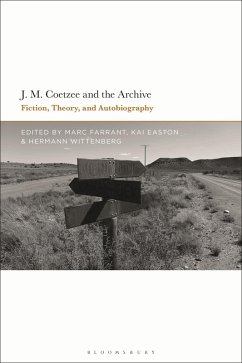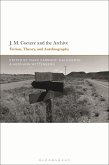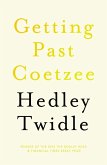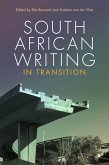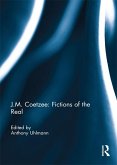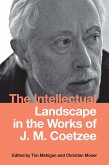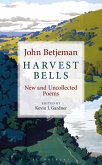Making extensive use of the rich archival material contained within the Coetzee collections in Texas and South Africa, from the earliest drafts and notebooks to the research notes and digital records that document his later career as both writer and academic, this volume investigates the historical, cultural and aesthetic contexts of Coetzee's oeuvre.
Cutting-edge and interdisciplinary in approach, the book looks both at the prolific archival traces of Coetzee's early and middle work as well as examines his more recent work (which has yet to be archived), and a wide range of materials beyond the manuscripts, including family albums, school notebooks and correspondence.
Navigating Coetzee's interests in areas as diverse as literature, photography, autobiography, philosophy, animals and embodied life, this is also an exploration of the archive as both theory and practice. It raises questions about the tensions, contradictions and discoveries of archival research, and suggests that a literary engagement with the past is crucial to a recovery of culture in the present.
Cutting-edge and interdisciplinary in approach, the book looks both at the prolific archival traces of Coetzee's early and middle work as well as examines his more recent work (which has yet to be archived), and a wide range of materials beyond the manuscripts, including family albums, school notebooks and correspondence.
Navigating Coetzee's interests in areas as diverse as literature, photography, autobiography, philosophy, animals and embodied life, this is also an exploration of the archive as both theory and practice. It raises questions about the tensions, contradictions and discoveries of archival research, and suggests that a literary engagement with the past is crucial to a recovery of culture in the present.

